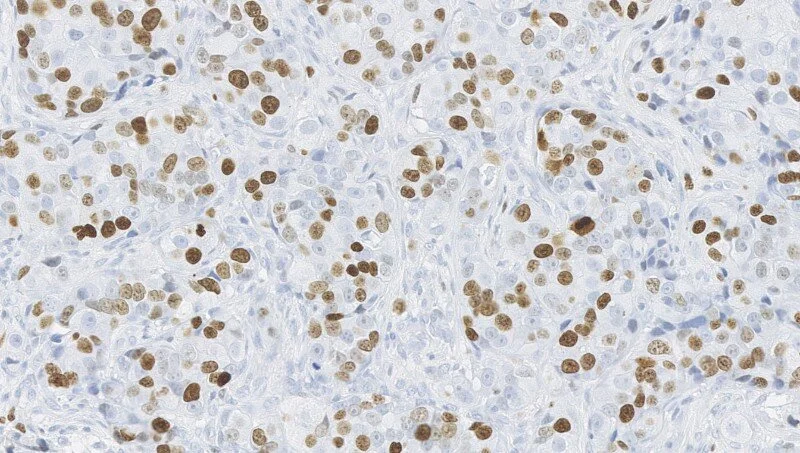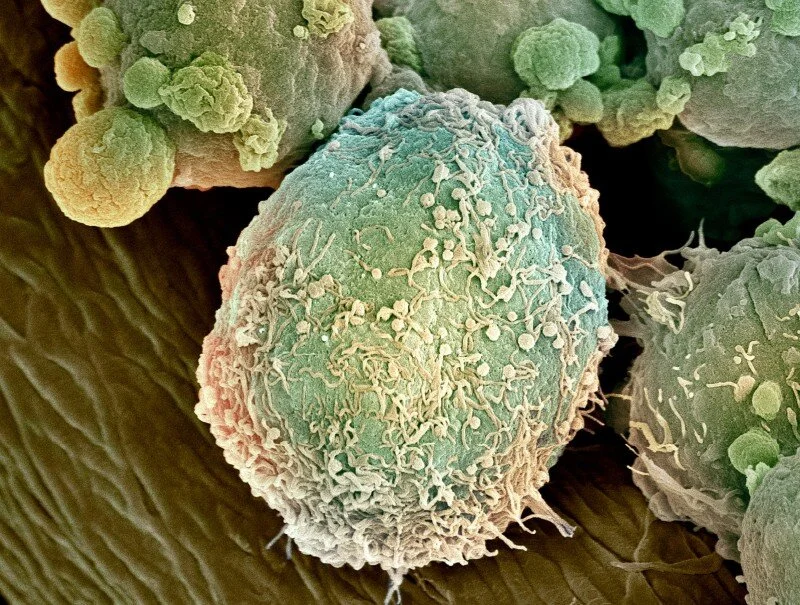Over nearly 30 years, quantitative polymerase chain reaction (qPCR) has developed into an essential tool. It allows researchers to amplify and quantify the presence of specific DNA sequences. While there has been widespread adoption in research settings, the introduction of qPCR into clinical ones has been halting and incomplete. Changes tend to arrive slowly when lives are at stake.
Faced with the fast and often asymptomatic spread of the SARS-CoV-2 virus, clinical laboratories had to rethink qPCR and its potential. The technology is rapid, accurate and scalable, making it ideal for large-scale viral testing. In the span of months, clinical and diagnostics labs around the world began investing heavily in qPCR equipment and infrastructure.



















